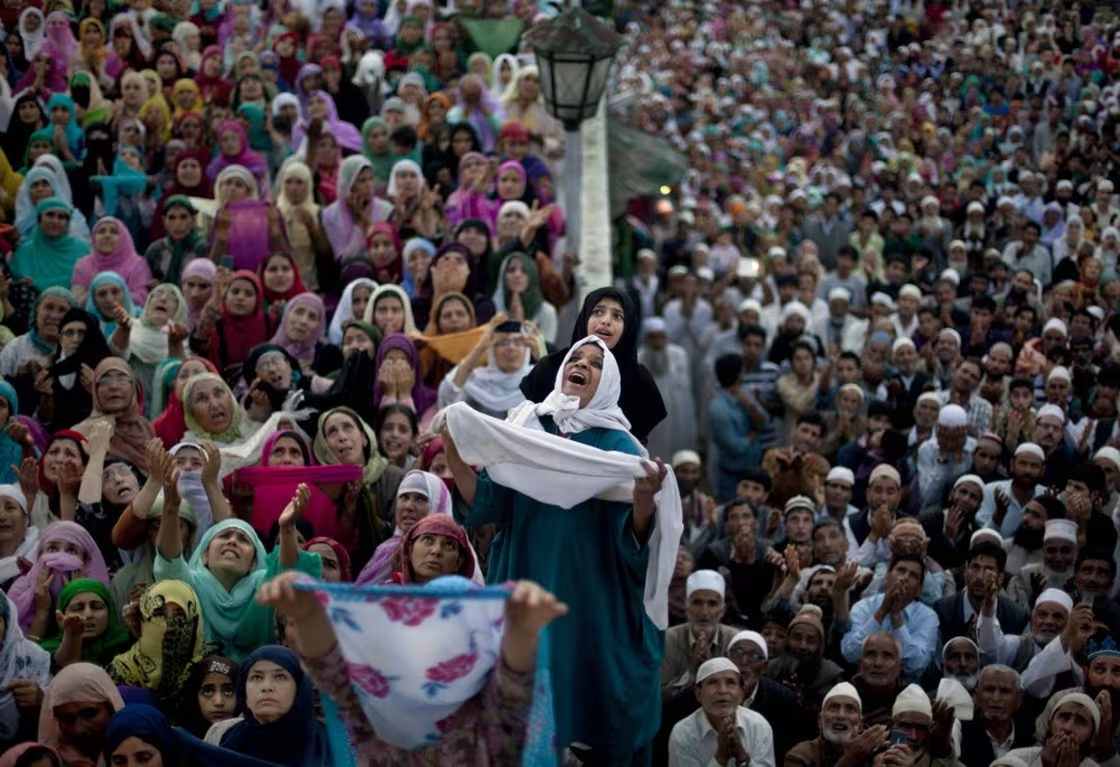In Islamic teachings and practice, the role of the Prophet Muhammad is often elevated to a level that seems almost divine. This elevated status has led to a focus on Muhammad that sometimes surpasses the focus on Allah Himself. As a result, many violent actions in Muslim-majority countries are justified in defense of Muhammad’s honor rather than for the sake of Allah. This prioritization of Muhammad over Allah has significant implications for how the religion is practiced and perceived.
Islamic texts, such as the Quran and Hadith, have numerous passages that are often cited to justify violence. While some interpret these texts as metaphorical or context-specific, there is a noticeable trend in which violence is enacted more often in response to insults against Muhammad rather than direct blasphemy against Allah. This reflects a cultural and religious emphasis on the Prophet’s honor that can overshadow the worship of Allah.
For instance, in Quran 4:89, it is stated, “They wish that you disbelieve as they disbelieve, so you would be alike. So do not take them as friends until they emigrate for the cause of Allah. But if they turn back, then seize them and kill them wherever you find them.” This verse, along with others like Quran 9:11-12, which speaks about fighting those who break oaths or attack the religion, are often interpreted in ways that emphasize the need to protect the community and the Prophet’s honor.
The Hadith literature also contains passages that reinforce this focus on Muhammad. For example, Sahih Bukhari 52:260 records the Prophet saying, “Whoever changes his religion, kill him.” Another Hadith in Sahih Bukhari 84:57 discusses the death penalty for apostasy, and Abu Dawud 4346 describes a situation where the Prophet expresses disappointment that no one took the initiative to kill a man who had not been accepted into the community. These texts suggest that violence in the name of Islam is frequently justified not solely by devotion to Allah but also by a need to uphold Muhammad’s honor and teachings.
This elevated status of Muhammad creates a scenario where he is almost revered as a divine figure within Islam. His teachings and example are not only seen as guidance but as commands that must be defended at all costs, sometimes even more so than the abstract worship of Allah. This dynamic has led to a religious environment where violent actions can be justified by the need to protect Muhammad’s reputation and legacy, making him a central figure in both worship and conflict.
In conclusion, the elevated reverence for Muhammad in Islam often surpasses the worship of Allah, driving actions that aim to defend his honor and uphold his teachings. This near-divine status attributed to Muhammad is central to Islamic practice and can influence both peaceful devotion and violent expressions of faith. For many Muslims, defending Muhammad’s legacy is seen as essential for securing their place in the afterlife, creating a religious imperative that discourages questioning and critical thinking. This emphasis on unquestioned loyalty shapes the faith’s culture, prioritizing devotion to Muhammad as a means of achieving eternal salvation.
But is this truly the path to salvation? If these beliefs are misguided, the consequences could be severe, potentially jeopardizing their eternal destiny. It is essential for Muslims to reconsider these teachings and reflect deeply on the nature of their devotion. Is Islam really about submission to God, or has it become about submission to Muhammad? It is vital for Muslims to carefully reconsider these teachings and reflect deeply, as their eternal life may depend on understanding the true nature of their faith.
